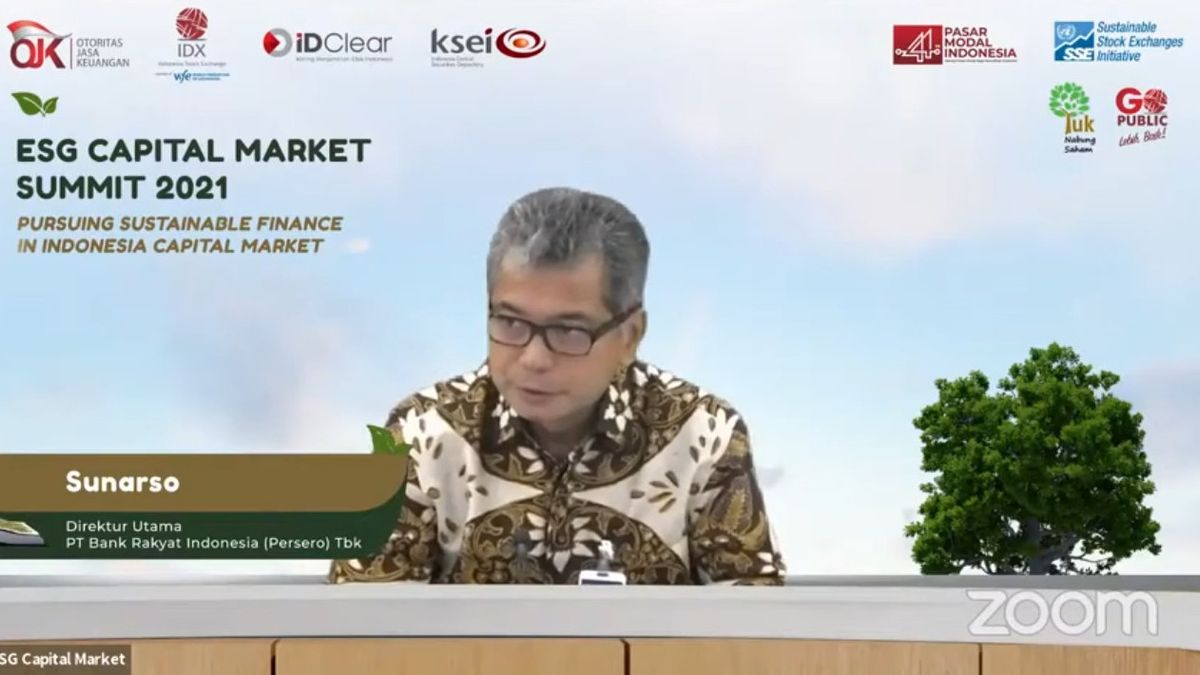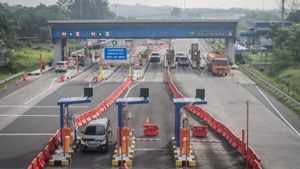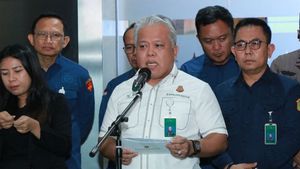JAKARTA - President Director of PT Bank Rakyat Indonesia Tbk. (BRI) Sunarso said that his party supports the government's discourse to impose levies on productive activities that produce carbon emissions.
However, the imposition of certain obligations in the form of a carbon tax must be accompanied by the completion of a number of special conditions.
“This carbon tax issue is very possible to be realized. But it must be remembered, before enacting it, there must be a credible and independent measuring instrument and institution that can be used as a reference,” he said when he was a resource person at the ESG Capital Market Summit held by the Indonesia Stock Exchange (IDX), Tuesday, July 27.
According to Sunarso, this measuring instrument will function to measure an activity that produces carbon emissions and then apply the tax rate. In a larger context, the aforementioned credible institutions must also be able to calculate the amount of carbon produced by a country.
For example, the BRI boss gave assumptions about the use of electricity used in everyday life.
“We don't know where the electricity used comes from which generator. Is it produced from burning oil, coal, or from environmentally friendly generators such as hydroelectric power plants," he explained.
"Well, the price given to the community should be different, if it is from fossil fuel combustion, the tax (carbon) is higher, or electricity is environmentally friendly, the tax is lower. The imposition of a carbon tax will be carried out if there is a measuring instrument that can record this," he continued.
In the future, Sunarso projects that if there are standard provisions that can measure carbon emissions and are accepted internationally, this sector tax can be levied immediately.
"Once it's established, I'm sure the derivative businesses will follow suit and the tax potential from carbon will be high," he said.
In the previous VOI report, the government through the Ministry of Finance (Kemenkeu) stated that the imposition of levies based on emissions is included in the tax reform agenda which is part of the omnibus law.
The carbon tax regulation which is currently being discussed by the government is one of the strategic issues in an effort to support state revenues and also develop a more environmentally friendly economy.
The English, Chinese, Japanese, Arabic, and French versions are automatically generated by the AI. So there may still be inaccuracies in translating, please always see Indonesian as our main language. (system supported by DigitalSiber.id)













